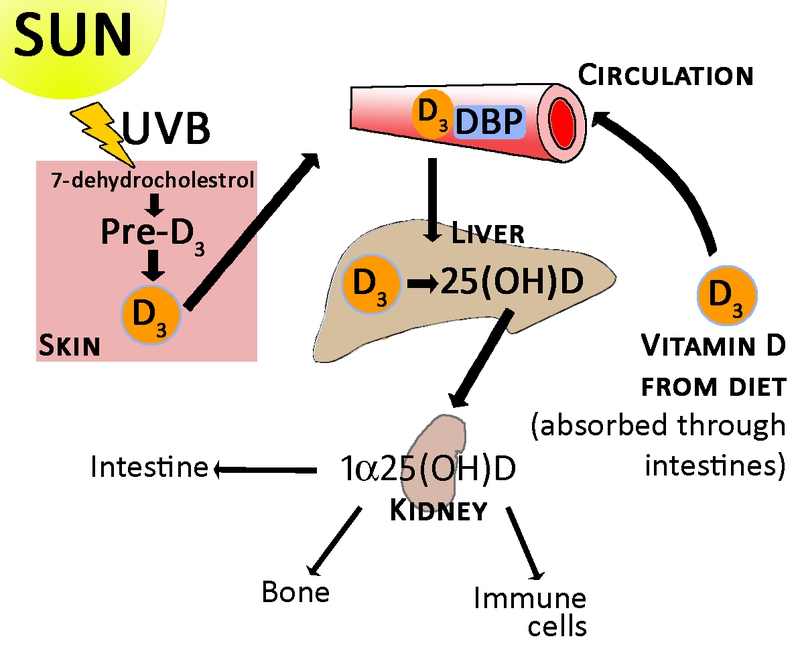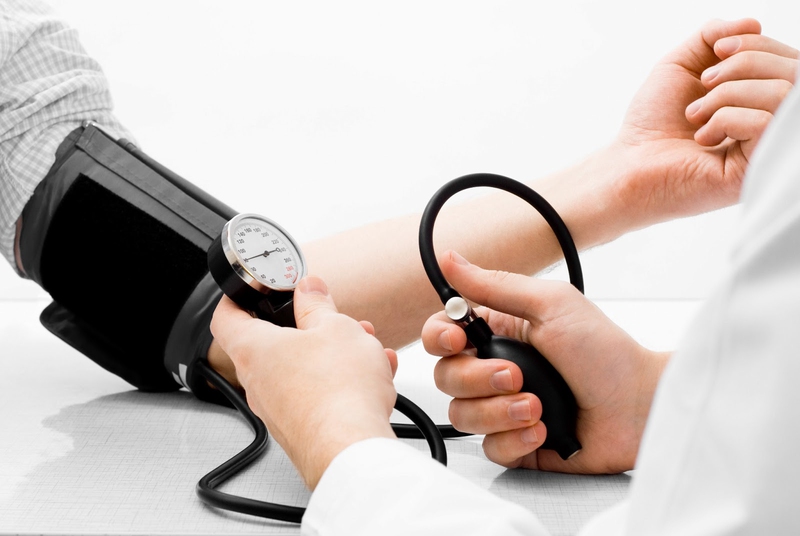Sunlight is perhaps the most useful and effective form of obtaining sufficient quantities of vitamin D to enhance bone and joint health, but only a small number of people are aware of other useful benefits of sunlight. There is a misconception that sunlight causes skin cancer and several other serious malignancies, which is not entirely true. Although excessive exposure to direct sunlight may act as a carcinogen but research and clinical data indicates that moderate exposure to sunlight can exerts several health effects on the overall metabolism, growth, mood, and behavior etc.
Benefits of Sunlight
Sunlight Improves Sleep Pattern
Our body’s physical, chemical, and behavioral mechanisms are controlled by a 24-hour biological cycle which is referred to as circadian rhythm. This cycle maintains healthy sleep patterns. It is activated in response to the release of melatonin from the skin cells at night time. However, at the onset of morning when you expose yourself to sunlight, this melatonin production stops, giving your body a signal that night time is over.
A direct 15 -20 minutes exposure to morning sunlight can improve your physical activities by boosting metabolism and improving your energy levels. It also helps in getting oxygen that is needed for healthy mind and endocrine functions. The direct entry of sun rays through eyes can improve your brain activity, hence it is better to avoid sun glasses in the morning time. It is imperative to understand that intense rays after mid-day can damage your delicate visual field, so protect your eyes by wearing shades in intense sunlight.
Sunlight Enhances the Mood
It is been observed that exposure to moderate sunlight increases the production of serotonin in the body. Serotonin is an essential biogenic amine which plays an important role in the regulation of healthy mood. A research study has been conducted over 101 healthy volunteers who were exposed to adequate sunlight at regular intervals of time (but not throughout the day). The results of the study showed that almost all the study participants responded with positive changes in the mood and behavior.
It is suggested by healthcare providers to expose the affected person (which may include patients of depression or individuals with low self-esteem) to adequate sunlight, instead of prescribing serotonin medications. Adequate sun exposure can trigger the production of serotonin in the body naturally without any artificial means. In addition, sunlight is also found effective in treating mood disorders such as SAD (seasonal affective disorder) and seasonal depression.
Sunlight Promotes the Production Of Vitamin D
The most obvious function of sunlight is that it promotes the production of vitamin D in the body which is responsible for the absorption of calcium and phosphorus in the bones. Some of the other known functions of vitamin D are:
It increases the intestinal absorption of nutrients
Maintenance and enhancement of immune system of the body
Regulation of bone metabolism
Maintenance of central nervous system by enhancing the activity of neurons
Sunlight Boosts Up the Immune System
According to a new study conducted by Harvard scientists, women who are exposed to adequate sunlight have 21% lower risk of developing rheumatoid arthritis as compared to women who are not exposed to adequate sun-rays. Researchers concluded that the effects are mainly due to positive effects of UVB (a special form of sunlight that does not penetrates through dark surfaces or even glass). Investigators also suggested that UVB form of light can only be obtained if you spend sometime in the sun.
Sunlight helps in boosting up the immune system which inhibits the production of auto immune antibodies. As discussed above it increases the production of vitamin D which also helps in maintaining the immune response of the body, and decreases the risk of arthritis by increasing bone metabolism and absorption of calcium in the bones.
Sunlight Helps in Lowering Blood Pressure
Sunlight is also found effective in treating major cardiovascular disorders. It has been statistically proven by several research studies that adequate exposure to sunlight decreases the diastolic pressure by 5 units (diastolic pressure is recorded when the heart chambers are in relaxed position). Abnormally high diastolic blood is a significant risk factor associated with a high risk of cardiovascular events. In addition, it also increases the release of nitric oxide from the vessels by acting as a vasodilator and helps in decreasing the blood pressure by increasing the blood flow towards the heart.
Sunlight Prevents Cancer
The exact mechanism of cancer prevention by exposure to sunlight is not known but according to experimental research, it is believed that the primary explanation is an accelerated production of vitamin D that enhances the immune response of the body. According to a latest research, published in the peer reviewed "Clinical Journal of the American Society of Nephrology", intake of 1000 IU per day of vitamin D can minimize the risk of developing certain malignancies by approximately 50%.
How to Enjoy Sunlight Safely
Protect Babies from Excessive Sunlight
Exposure to sunlight is healthy for adults but special care must be taken in case of infants and children. Children spend most of their time in outdoor activities and games, but excessive exposure to ultraviolet radiation may work as a carcinogen. To minimize the risk of complications, young children (especially babies under the age of 12 months) must be protected from excessive exposure by limiting the exposure to sun.
Limit Intense Sun Exposure
A balanced energy is obtained from the sunlight at the morning time. The radiation from the sun becomes more intense at approximately 10 AM to 2 PM (mid-day). Try to minimize the exposure at this time.
Protect Your Eyes
If exposed at this time (mid-day), then try to wear sun glasses or stay under a shaded place to avoid the absorption of intense ultraviolet rays in the skin.
Cover Protective Clothing to Limit Exposure
During severely hot summer days when the radiations become intense, it is better to wear protective type of clothing such as wide brim hats and loose clothes. Sun glasses may also help in reducing the risk of eye damage.
Use Sunscreen With SPF
When you have to spend a lot of time in sunlight such as swimming etc. it is recommended to cover the full length of your skin with a quality sunscreen (especially the one that has sun protection factor (SPF). Make sure to cover your hands, face, and other exposed areas of your body to avoid any skin damage. Apply this at every 2 hour intervals.








View All Comments /Add Comment